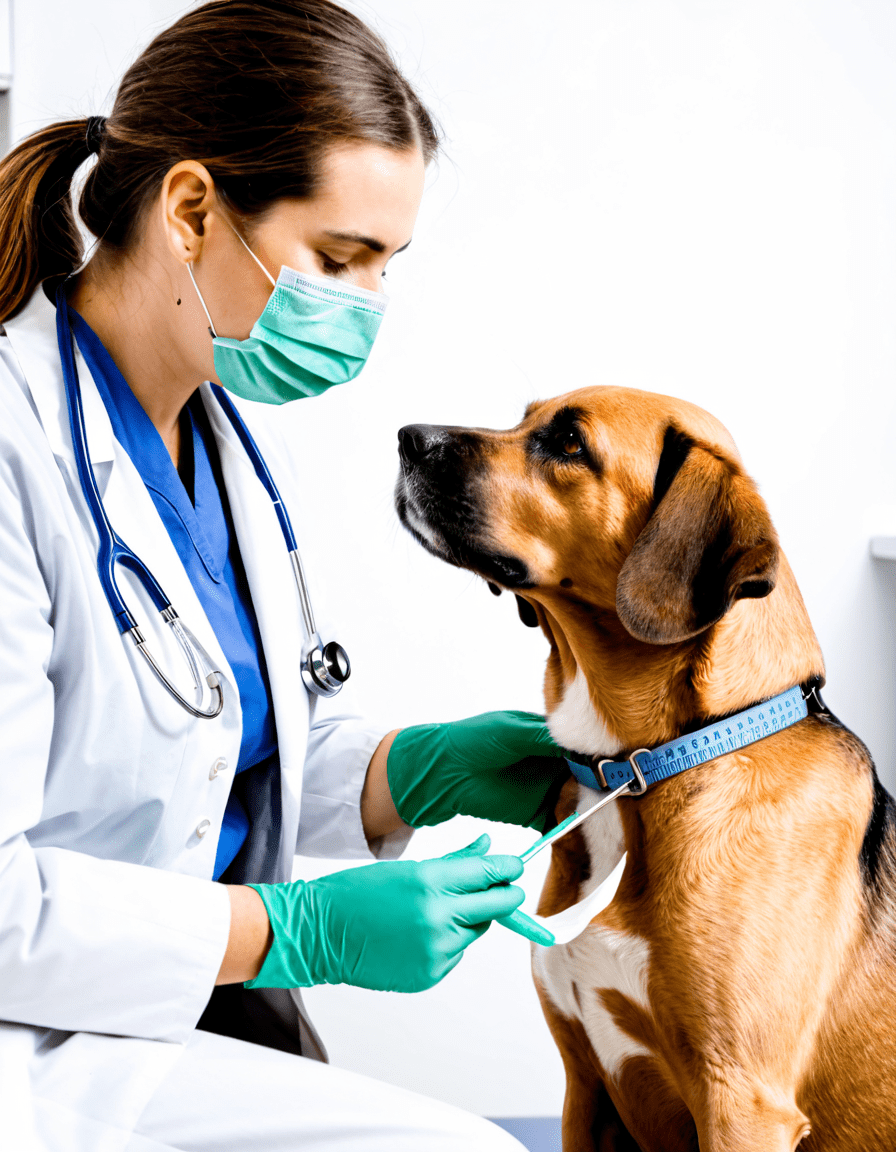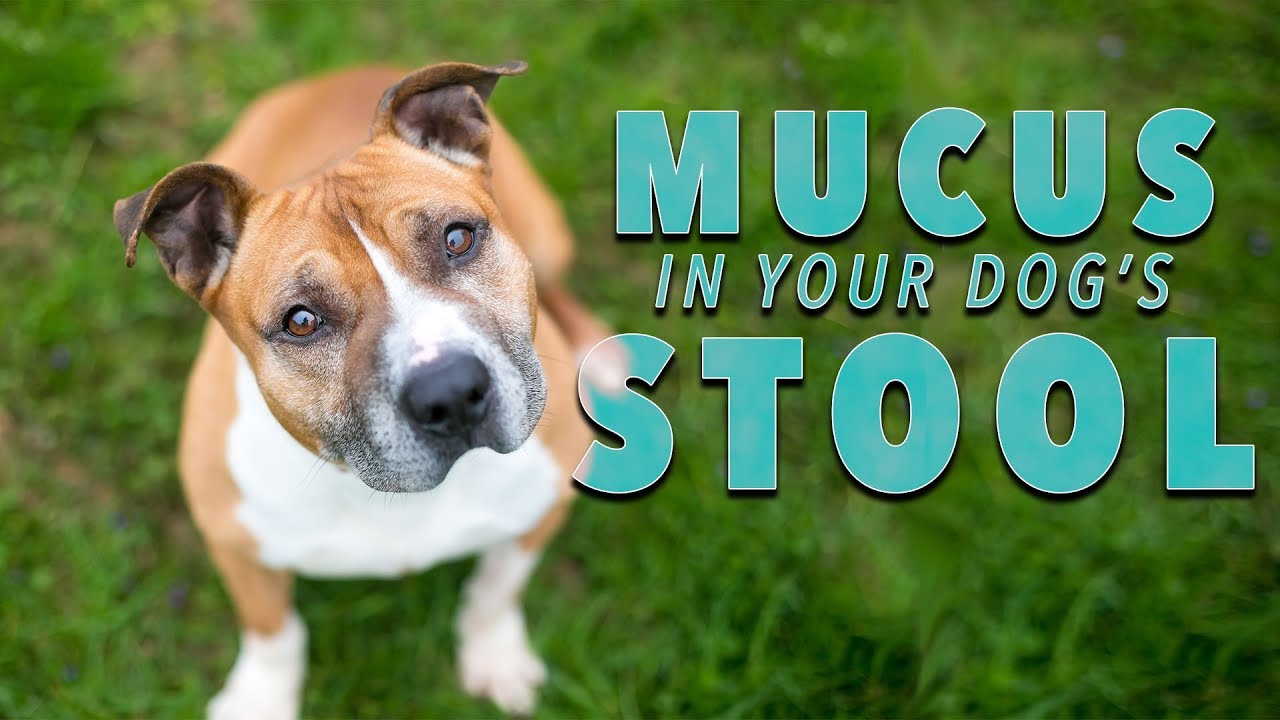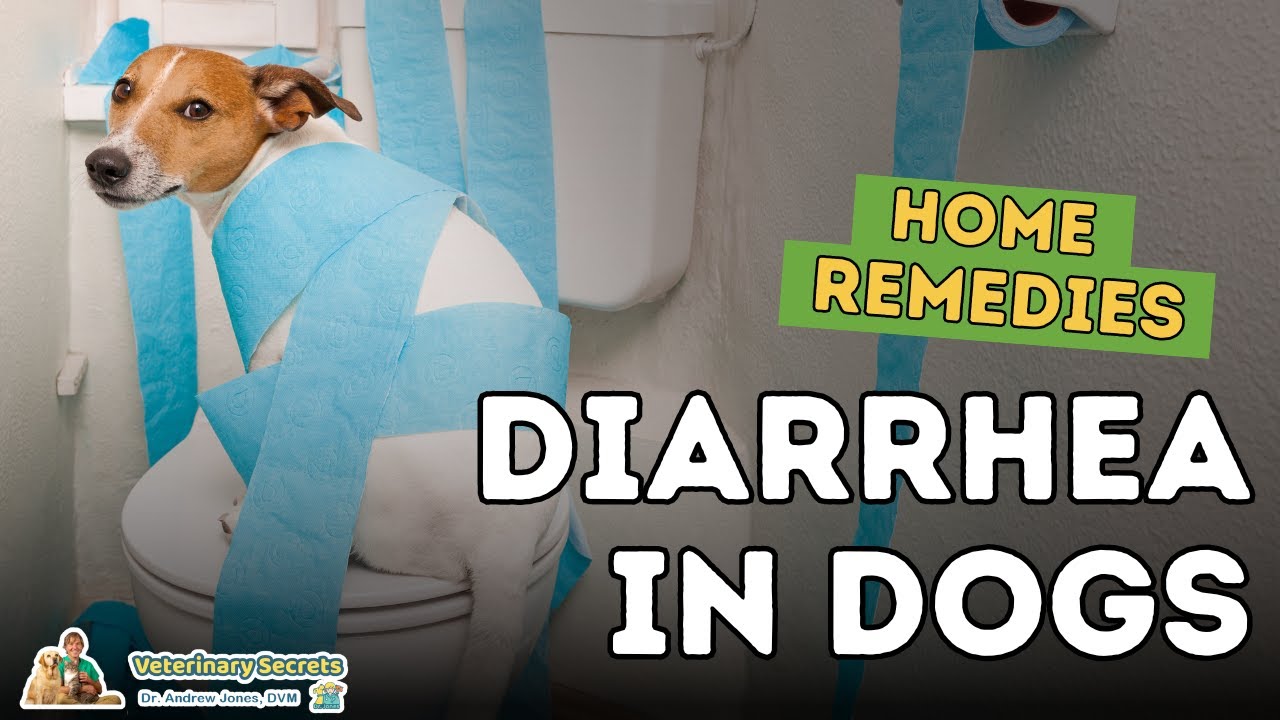When you notice your dog has diarrhea with mucus, it can ignite a wave of concern. This type of diarrhea isn’t typical and often signifies some underlying health issue. Understanding why your dog has diarrhea with mucus and what to do about it can help you and your furry friend navigate this uncomfortable situation. Let’s dig into the details.
Understanding When a Dog Has Diarrhea with Mucus
The presence of mucus in your dog’s stool can be alarming. It often points to inflammation in the intestines, leading to discomfort and illness. While diarrhea alone is a common enough issue for dog owners, mucus as an accompanying symptom raises red flags. Ignoring the signs or delaying intervention can worsen your dog’s condition, making it crucial to be vigilant about their health.
If your dog has diarrhea with mucus, it’s essential to observe closely. The situation could stem from infections, dietary changes, allergies, or stress. Armed with this understanding, pet owners can take the necessary steps toward diagnosis and treatment.
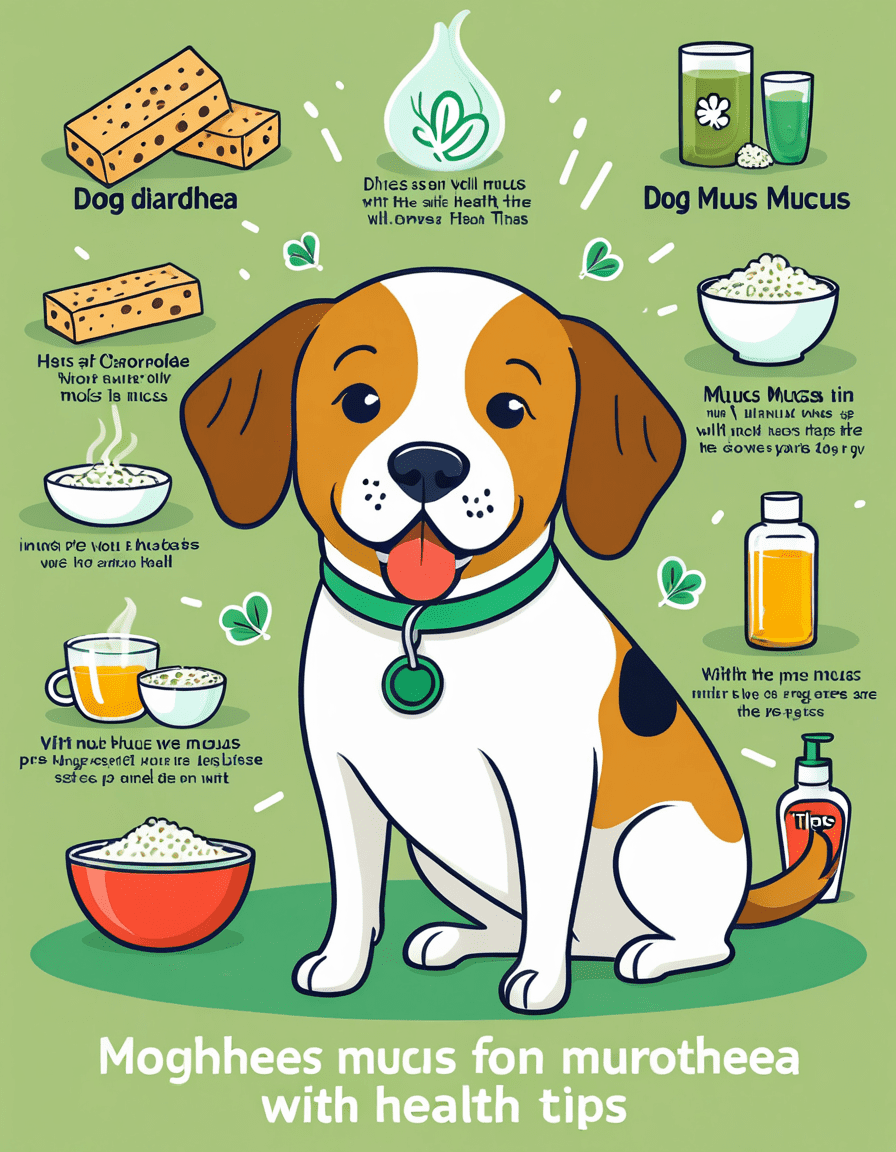
7 Common Causes of Dog Diarrhea with Mucus
1. Infections
Bacterial or viral infections like parvovirus and Salmonella are serious culprits behind this problem. These infections lead to inflammation of the intestines, and symptoms often accompany vomiting and lethargy. For instance, Bella, an energetic Beagle, needed immediate veterinary care and antibiotics when she contracted parvovirus, leading to diarrhea with mucus.
2. Dietary Indiscretion
Dogs have a knack for eating things they shouldn’t. Whether it’s spoiled food, garbage, or a sudden switch in diet, such indiscretions can irritate their digestive systems. Take Daisy, a Golden Retriever from Seattle, who ended up with severe diarrhea and mucus after raiding a trash can. Her vet recommended a bland diet of boiled chicken and rice, which helped her bounce back.
3. Food Allergies or Intolerances
Many dogs have sensitivities to specific ingredients such as beef, chicken, dairy, or grains. Max, a Labrador from New York, faced a bout of diarrhea with mucus after his owners switched to a grain-heavy diet. Identifying the trigger and eliminating it was the key to Max’s recovery.
4. Parasites
Worms and other intestinal parasites like giardia can inflame the bowel, leading to mucus in stool. Regular fecal exams play a crucial role in prevention. By catching these parasites early, you can help your dog’s digestive system stay healthy. Preventative treatments like Frontline or Heartgard are essential for keeping parasites at bay.
5. Inflammatory Bowel Disease (IBD)
This chronic condition arises from persistent inflammation in a dog’s gastrointestinal tract. Diagnosing IBD can be tricky, often requiring special diets and medication. Dogs diagnosed with IBD, like Henry, a Cavalier King Charles Spaniel, often respond well to prescription diets such as Hill’s Science Diet or Royal Canin specifically designed for sensitive stomachs.
6. Stress or Anxiety
Believe it or not, your dog can get stressed just like we do. Changes in environment or routine, travel, or new home additions can upset their stomach. Dog owners have reported success using calming aids such as Adaptil collars or Anxiety Wraps to settle anxious pets.
7. Colitis
Colitis is the inflammation of the colon, leading to diarrhea with mucus. Factors triggering it include infections, sudden dietary changes, or stress. If your dog is straining rectally or producing frequent mucus-laden stools, a trip to the vet is warranted. Anti-inflammatory medications and dietary modifications can provide relief.
Recognizing Symptoms Associated with Dog Diarrhea with Mucus
It’s important to keep an eye on additional symptoms that could help pinpoint the cause of your dog’s distress. Alongside mucus, watch for:
Recognizing these symptoms early on can provide crucial information for you and your veterinarian, improving the chances of a faster diagnosis and recovery.
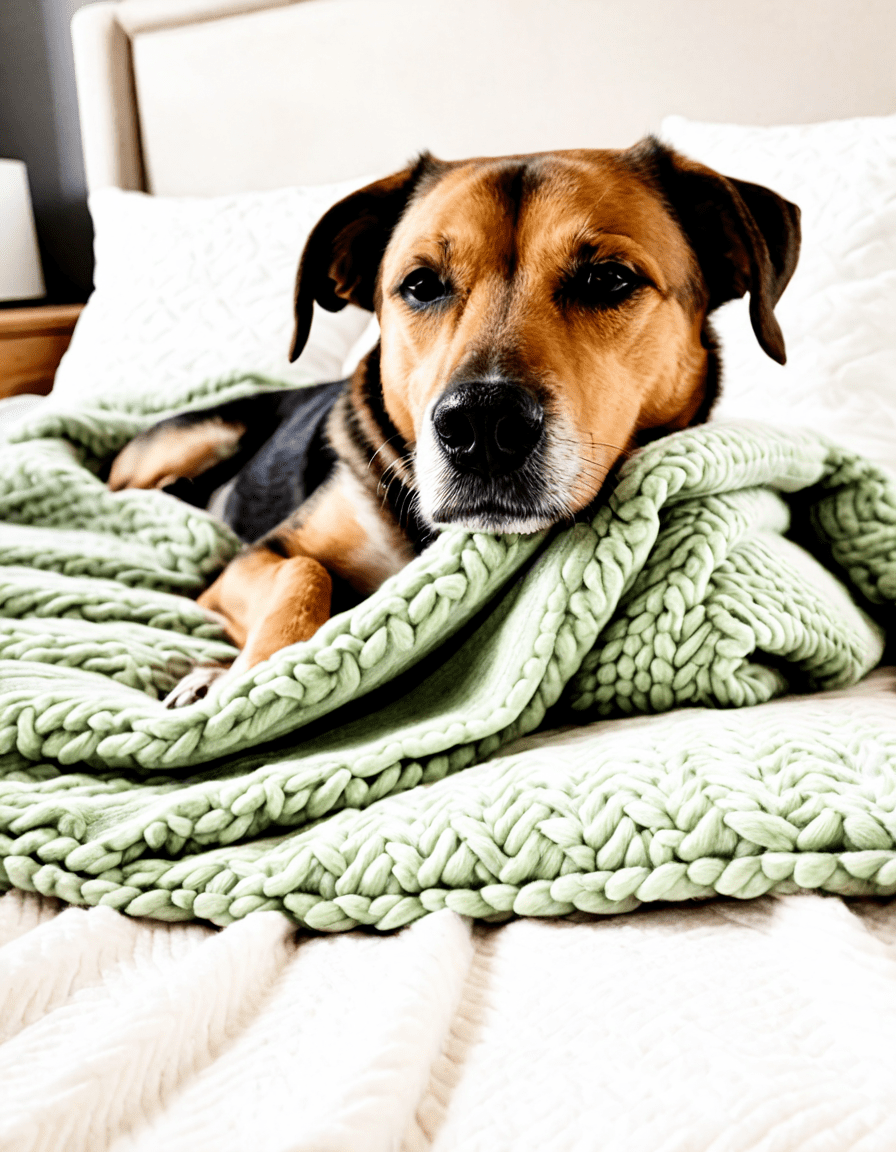
Effective Treatments for Dogs with Diarrhea and Mucus
Once you’ve consulted with your veterinarian about your dog with diarrhea with mucus, the next steps are clear. The appropriate treatment plan can ease your dog’s discomfort:
Supporting Your Dog’s Recovery After Diarrhea with Mucus
After your dog shows signs of improvement, maintaining their digestive health is vital. Transition back to their normal food gradually over several days. This should be done slowly, incorporating high-quality diets rich in fiber and probiotics to support recovery.
Creating a calm environment and ensuring your pup gets enough exercise and mental stimulation will contribute to their overall wellness. Keep a close watch on their behavior and symptoms, ready to consult your vet if anything seems off.
To sum up, if your dog has diarrhea with mucus, it’s essential to stay vigilant and seek professional guidance if symptoms persist or worsen. By being proactive and attentive, you can lead your furry friend back to health quickly and effectively. Being informed and prepared provides peace of mind and helps ensure a happier, healthier life for your beloved pet.
Understanding Dog Has Diarrhea With Mucus
When your dog has diarrhea with mucus, it can be concerning, but you’re not alone; this condition is fairly common. Did you know that certain breeds, like the Cavalier King Charles Spaniel, can be particularly susceptible to digestive issues? Their charming demeanor and unique colors( might distract you from the fact that these little pups can also face gastrointestinal challenges. Anytime you notice unusual symptoms, it’s crucial to pay attention and possibly consult a vet.
What’s Up with Mucus in Diarrhea?
Seeing mucus in your dog’s stool is often a sign that the intestines are irritated or inflamed. Think of it like how we have our own ways of reacting to food that doesn’t sit well. Mucus helps lubricate the intestines, and when there’s inflammation, your pup’s body churns it out more than normal. This can also happen in conditions like colitis, which means some vet visits might feel as routine as a catcher ‘s spy( mystery. Remember, diarrhea, accompanied by mucus, can also occur alongside other alarming symptoms, so keep your eyes peeled.
When to Call the Vet
If diarrhea with mucus sticks around for more than a day, or if your dog has other symptoms like vomiting or lethargy, it’s time to seek professional help. Just like a sports fan checking the latest match player Stats,(,) knowing your dog’s habits and any changes can offer valuable insights for your vet. Additionally, younger dogs and puppies, especially those adorable weenie dog Puppies,(,) may be more vulnerable and should be monitored closely. Speaking of young pups, they sometimes don’t have as robust an immunity as their older counterparts, making them more susceptible to gastrointestinal issues.
In closing, your dog has diarrhea with mucus for a reason, and understanding that reason is the first step toward a solution. Remember, keeping a close eye on all their behaviors is important, including sounds they make during play or the infamous Cats fighting Sounds( you might hear in the background. Your furry friend deserves the best care, and being informed can help you provide just that.
